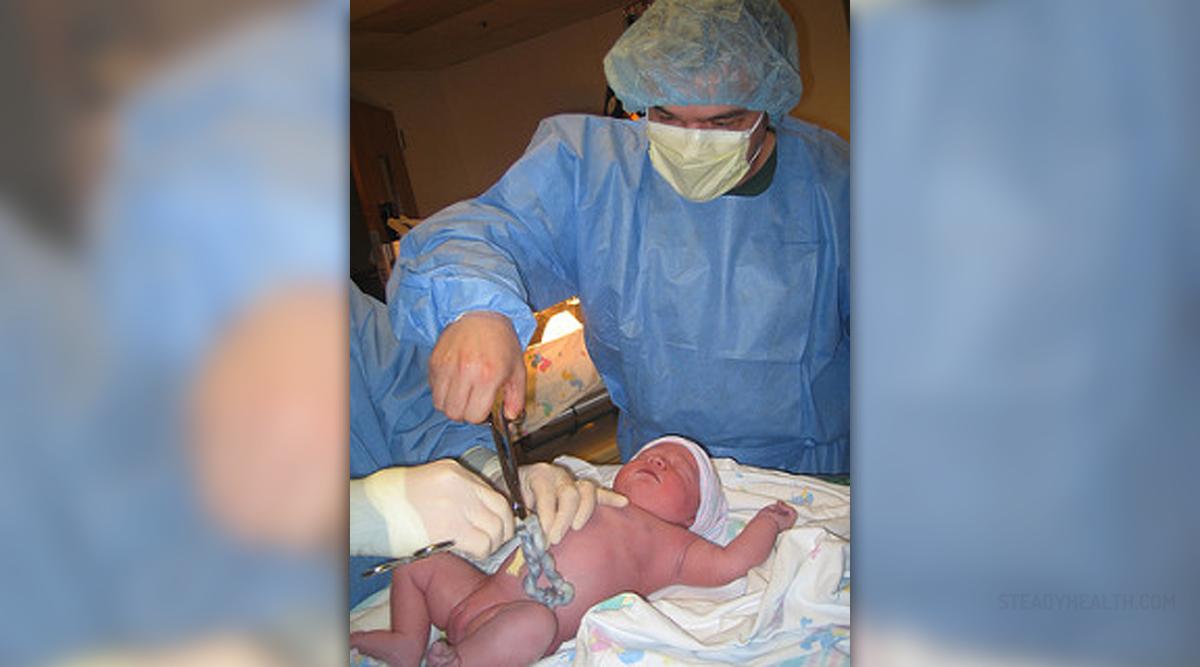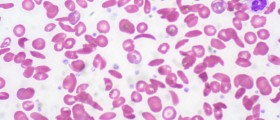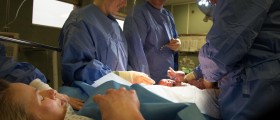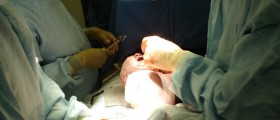
Cord blood banking can be performed in most hospitals immediately after birth. It is not done routinely though, so you will have to prepare in advance. In most cases, cord blood banking is carried out by private companies. The biggest pro is that a person's own cord blood is more likely to be available and be a good match compared to donor bone marrow. Diseases that can be treated more successfully with the availability of cord blood include specific types of leukemia, sickle cell anemia, and lymphoma. The cost is not insignificant, and that is a major reason not to opt for cord blood banking for many families. But that is not the only reason to decide to not bank your baby's cord blood.
The chances that your baby will ever need his or her cord blood are statistically low, but successful cord blood banking requires immediate cord clamping and cutting after birth. While this is routine in most hospital births anyway, there are many benefits of physiological umbilical cord clamping and allowing your baby to receive his full blood volume which was located in the placenta at the time of birth. Premature cord clamping can lead to anemia, have baby's whose cords were clamped and cut right upon delivery have higher odds of needing a blood transfusion. What do you think about cord blood banking? Will you bank your baby's cord blood after birth, and why - or why not? Also see GBS treatment during labor for more info about hospital procedures during labor and delivery.
















Your thoughts on this
Loading...